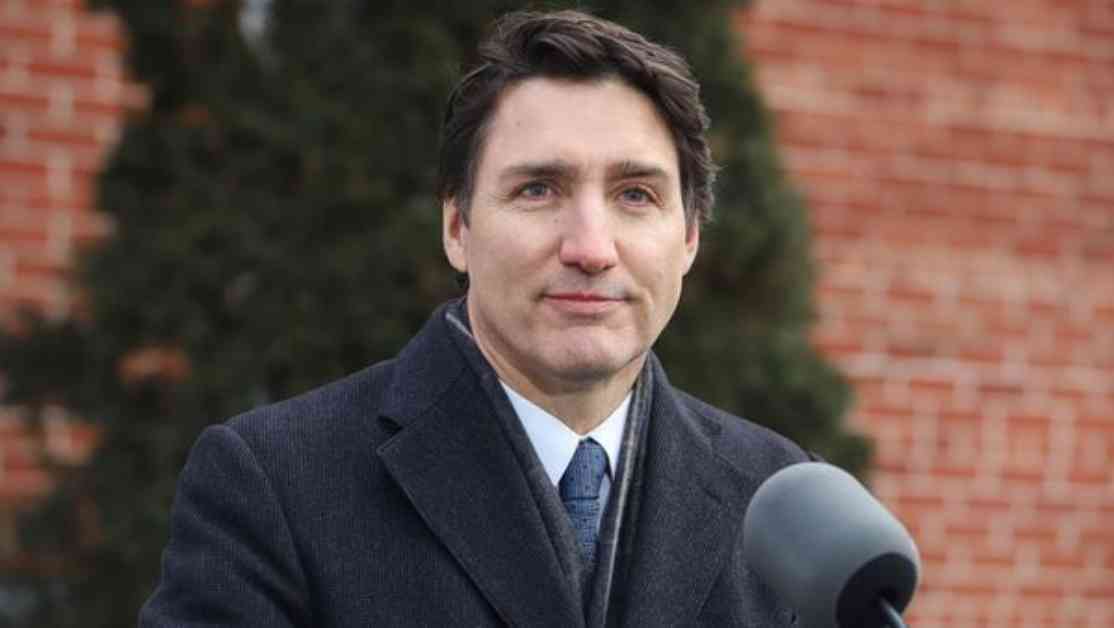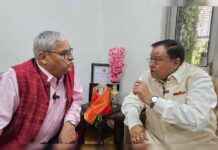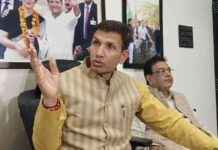Justin Trudeau Announces Resignation, Canadian Parliament to be Prorogued – Live Updates
Canadian Prime Minister Justin Trudeau has announced his resignation amid escalating dissatisfaction with his leadership and the recent departure of his finance minister, highlighting internal government turmoil. Trudeau cited ongoing “internal battles” as the reason for stepping down, acknowledging that he might not be the best choice for the upcoming Canada election. He will continue in office until a new leader of the Liberal Party is chosen.
Why Did Justin Trudeau Resign?
Trudeau emphasized his fighting spirit but admitted that the Canadian parliament had been paralyzed with no clear resolution in sight. Facing declining popularity due to various issues like rising living costs and immigration concerns, Trudeau’s decision to step down reflects the challenges his administration has faced in recent months.
Reactions and Next Steps
Jagmeet Singh, leader of the New Democratic Party (NDP), plans to present a no-confidence motion against Trudeau’s government when Parliament reconvenes on January 27. The suspension of Parliament until March 24 to facilitate a leadership race suggests a spring election is likely. Mark Carney, former governor of the Bank of Canada and Bank of England, is considering running for Trudeau’s position, while potential contenders like Chrystia Freeland and Mark Carney emerge.
Expert Insights and Speculation
Trudeau’s impending resignation triggers questions about who will replace him and how the Liberal Party will choose its new leader. Speculation over the timeline for selecting a new leader and the impact on Canada’s political landscape abounds. As Trudeau prepares to step down, the political arena braces for a period of transition and realignment.
As we witness the unfolding of these significant political developments, it’s crucial to reflect on the complexities of leadership and the impact of personal decisions on national governance. Trudeau’s resignation marks a pivotal moment in Canadian politics, inviting us to consider the future trajectory of the country and the values that will shape its leadership. The interplay of individual choices, party dynamics, and public sentiment underscores the intricate nature of democratic governance and the responsibility borne by those in positions of power.
In the midst of political upheaval, it’s essential to recognize the human dimension of leadership transitions and the gravity of decisions that shape our collective future. As Canadians navigate this period of change and uncertainty, the resilience of our democratic institutions and the commitment to uphold democratic values will be tested. The legacy of Justin Trudeau’s tenure and the path forward for Canada hinge on the choices made in the coming days and months.


























